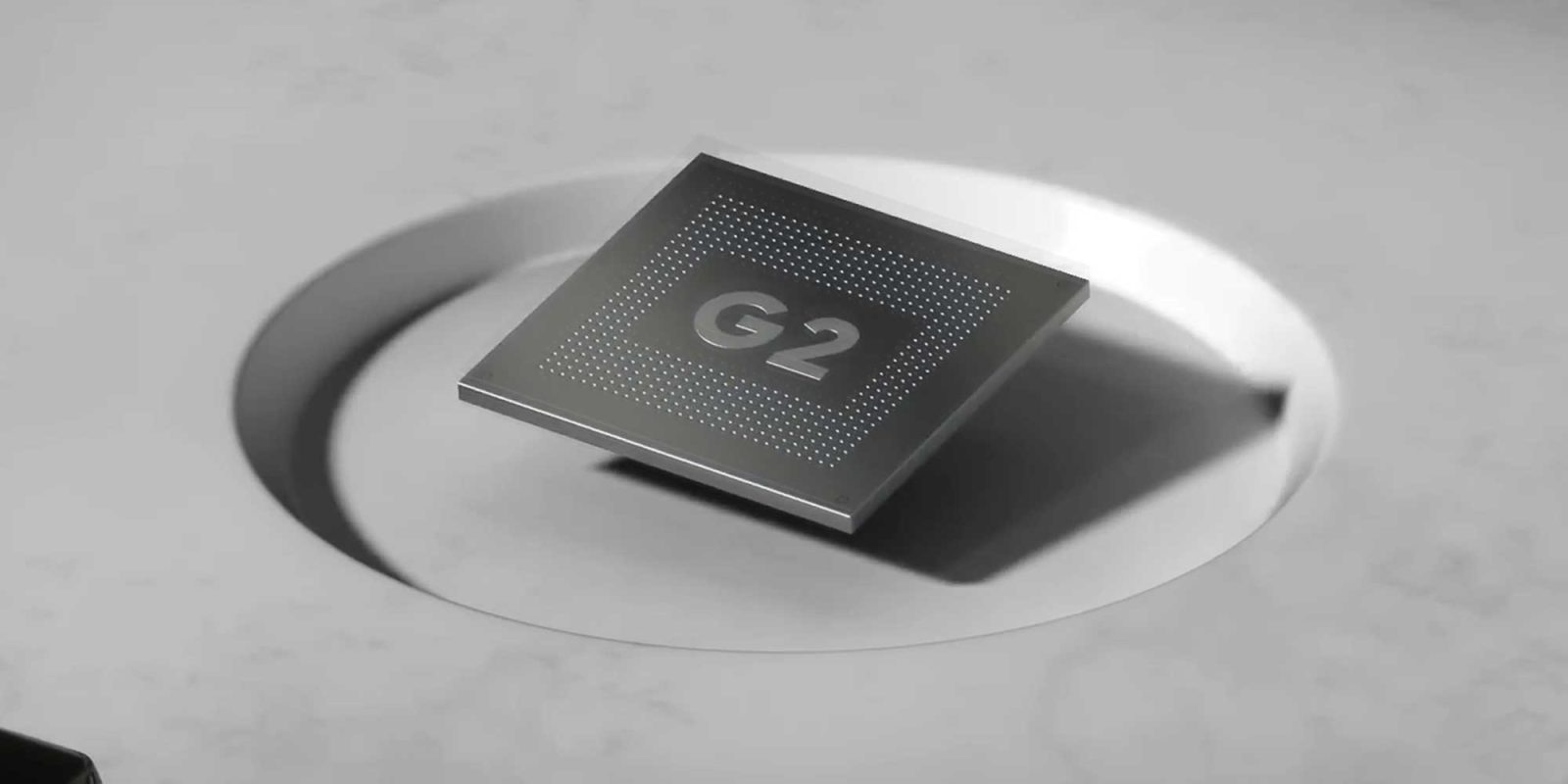
According to new information, the Tensor G2 is, in fact, built upon a 5nm manufacturing process and not 4nm as was expected ahead of launch.
This means that the Pixel 7 series processor is not utilizing a 4nm processor. Some confusion seems to have arisen from pre-release benchmarks and the fact that Google did not initially confirm the process used for Tensor G2. During the keynote for the Pixel 7 series, there were claims of 60% speed and 20% efficiency gains over the previous generation.
A deep dive into leaked Geekbench listings before launch has been slightly misinterpreted with some legitimate elements such as clock speed and core layout somewhat tarnished by incorrect die size being predicted. No evidence seemingly lies within the Pixel 7 builds, which lends more credence to the theory that a 5nm process is being used. Since then, a Google spokesperson has confirmed to Android Authority that Tensor G2 is, in fact, built using a 5nm process:
We purpose-built Google Tensor G2 for real-world use cases. Our final architecture, which includes 5nm, helped us reach that goal while increasing both performance and power efficiency. This approach also allowed us to add new capabilities while taking a step forward on machine learning with our next generation TPU with G2.
As AA notes, this still isn’t a fully comprehensive answer to the question though as Google hasn’t given the specific manufacturing process used. This does mean that on paper the 5nm Tensor G2 isn’t as efficient as last year’s 4nm-based Qualcomm Snapdragon 8 Gen 1 or even Samsung’s own Exynos 2200. This might come as a disappointment, but Tensor G2 comes with very minor clock speed boosts over its predecessor. Google is banking on better machine-learning power with a next-gen TPU.
Whether or not the Tensor G2 in Pixel 7 uses a 5nm manufacturing process rather than 4nm matters to you is a bigger question. If the Pixel 7 series runs how you expect with prowess in areas that other devices do not, such as image and language processing, does or would that make it a no-go? Let us know down in the comments section below.
More on Tensor:
- Google Tensor G2 is ‘60% faster,’ more secure, and more power efficient
- Pixel 7 series brings the latest Google software, free VPN, and more
- Google Pixel 7 Pro benchmark points to CPU and GPU specs of Tensor G2
FTC: We use income earning auto affiliate links. More.



Comments